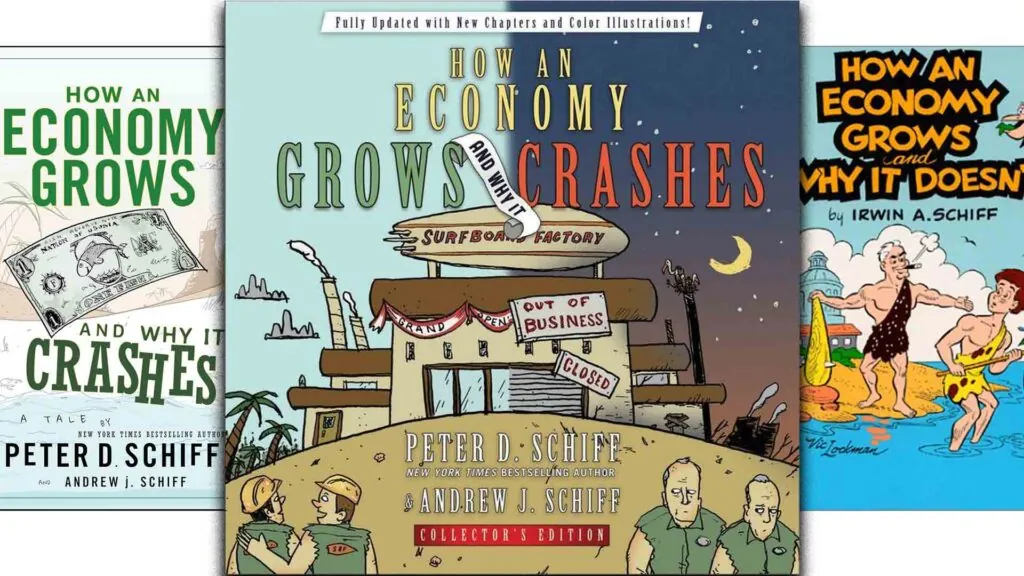What is “political success”?
Stephen Harper’s mistaken understanding changed him from a principled conservative to a power-focused politician
****
People get involved in politics because they’re concerned about the future. They know certain principles need to be defended, for the good of all, even the good of those that oppose those very principles. However, in a pluralistic, increasingly relativistic, country like Canada, it’s hard to get elected while standing uncompromisingly on principle (just ask the Christian Heritage Party!). So compromise on principle and you might win, don’t and you’ll almost certainly lose.
How then can we succeed?
It’s a key question, but there’s a more important one that we need to answer first: how are we going to define political “success”?
The dictionary tells us success is “reaching our goal” but it doesn’t offer any insight into what those goals should be in the political arena. The Bible does. We were created for the glory of God (Is. 43:7) and therefore, whatever we do, we should do it “all to the glory of God” (1 Cor. 10:31).
Now the world defines political success as being elected to office. And because they do, principles are then seen as impediments that get in the way of achieving that goal.
But if we define “success” as glorifying God, then we will publicly advocate for His principles, and we will speak out to honor God, and to educate people about what really is right. Then success will be had by having the loudest election campaign possible. Then we will speak out at every opportunity, and without fear, because whatever the election result, we will know we have already achieved God’s idea of success.
Can both types of success be had?
But what if someone could be principled and get elected? On occasion a man or woman associated with clear principles will seem to make strides towards electoral success. We do have some godly Members of Parliament. However, history seems to show that for a person to reach the highest positions of influence they will need to backtrack from their previous principles. Former Prime Minister Stephen Harper is an example of this phenomenon.
Early in his political career, Stephen Harper was considered to be a principled conservative. After serving one term as a Reform Party MP, he became president of the National Citizens Coalition (NCC) in 1997. The NCC is a conservative organization that promotes limited government and individual freedom. Harper pursued this objective passionately and effectively. However, after leaving the NCC in 2001 to become leader of the Canadian Alliance, Harper began to compromise his principles.
Gerry Nicholls of the National Citizens Coalition
One of the people most surprised by Stephen Harper’s compromise was Gerry Nicholls, a longtime staff member of the NCC. In his 2009 book, Loyal to the Core: Stephen Harper, Me and the NCC, Nicholls provided an account of Harper’s time as NCC president.
Initially Nicholls was convinced that Harper was committed to conservative principles. That’s why, after Harper re-entered electoral politics, Nicholls helped Harper’s campaign and was willing to overlook Harper’s initial compromises. Eventually, however, Nicholls saw the writing on the wall.
For Nicholls, the straw that broke the camel’s back was the Conservative government’s March 2007 budget. That budget involved what Nicholls describes as “an orgy of massive government spending.” “After that,” Nicholls explains, “I knew Stephen had no intention of providing Canadians with conservative government, or of even paying lip service to conservative ideals. He had turned his back on conservatism.”
Professor Tom Flanagan
That assessment might sound harsh, but it is shared by Tom Flanagan, a political science professor at the University of Calgary. Flanagan was, for many years, a close companion of Stephen Harper. Flanagan managed Harper’s successful leadership campaigns for the Canadian Alliance and for the new Conservative Party of Canada, and also played key roles in the Conservative Party’s 2004 and 2006 federal election campaigns.
After a while, however, Flanagan became concerned about the change in Harper’s political direction. Eventually the two men had a falling out. In 2011 Flanagan wrote a letter to the editor of the Literary Review of Canada where he described Harper’s compromised political perspective as prime minister:
Harper has adopted the Liberal shibboleths of bilingualism and multiculturalism. He has no plans to reintroduce capital punishment, criminalize abortion, repeal gay marriage or repeal the Charter. He swears allegiance to the Canada Health Act. He has enriched equalization payments for the provinces and pogey for individuals. He has enthusiastically accepted government subsidies to business, while enlarging regional economic expansion. He now advocates Keynesian deficit spending and government bailouts of failing corporations, at least part of the time.
Flanagan, in fact, wrote this letter to reassure certain prominent Liberals that their policies still governed Canada. The “Liberal consensus lives on,” Flanagan wrote, “It’s just under new management.” Stephen Harper’s management.
Conclusion
In the 2015 federal election, Stephen Harper was clearly preferable to Justin Trudeau of the Liberal Party and Thomas Mulcair of the New Democratic Party. He was the “lesser of evils” among the major party leaders. But that’s not a very high recommendation.
In current Canadian politics, conservative principles and even more so, Christian principles, are most often a hindrance to electoral success. The career of Stephen Harper is a clear example of how conservatives and Christians can be tempted by the worldly sort of political success into jettisoning their principles. But the cost of this kind of “success” is very high. What’s the point of attaining power if principles cannot be the guidelines for governing?
However, if our “success” is defined as glorifying God by publicly proclaiming truth, then doing so and facing the electoral consequences is a meaningful activity. By this standard, a loud and public Christian Heritage Party campaign that loses would be more successful than all the electoral wins of Stephen Harper’s Conservatives.
“I'd rather be right than be president,” said US Senator Henry Clay in 1838. That’s an admirable sentiment that Stephen Harper rejected.
We must not make the same mistake.
Photo credit: Mike Ridewood/iStockPhoto.com, Oct. 2008, Calgary....












